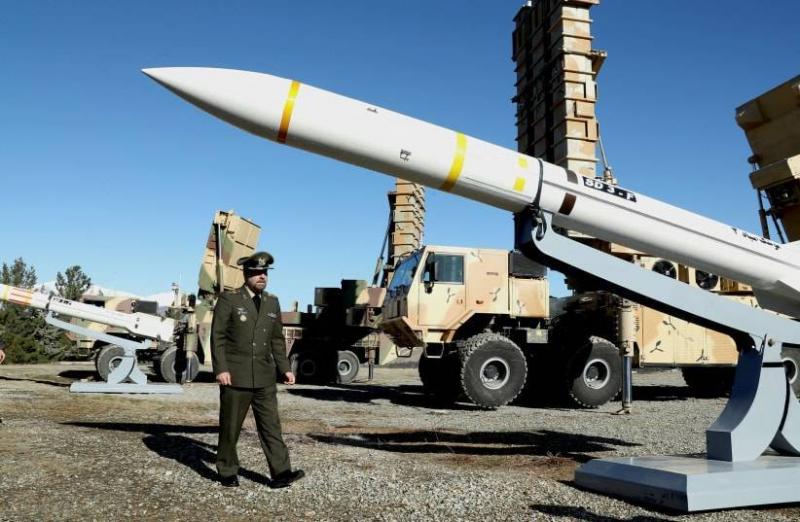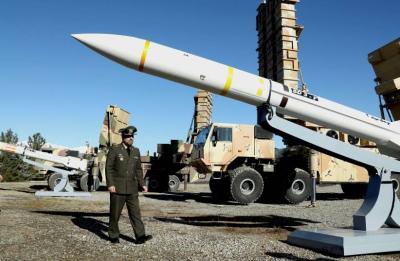Six sources told Reuters on Wednesday that "Iran has provided Russia with a large number of powerful ground-to-ground ballistic missiles, enhancing military cooperation between the two countries, which are both under U.S. sanctions." Three Iranian sources indicated that "Tehran supplied approximately 400 missiles, including several short-range ballistic missiles from the Fateh-110 family, such as the Zulfiqar missile." Experts say: "This mobile missile can hit targets at distances ranging from 300 to 700 kilometers." The Iranian Ministry of Defense and the Revolutionary Guard, which oversees Iran's ballistic missile program, declined to comment. The Russian Ministry of Defense has also not responded to requests for comment.
One Iranian source stated that "shipments began in early January, following an agreement reached in meetings held late last year between Iranian and Russian military and security officials in Tehran and Moscow." An Iranian military official, who like other sources requested anonymity due to the sensitivity of the information, indicated that there had been at least four shipments of missiles and that more would be coming in the upcoming weeks. He refrained from providing further details.
Another senior Iranian official noted that "some missiles were sent to Russia by ships across the Caspian Sea, while others were transported by air." The second Iranian official stated, "There will be more shipments... There is no reason to hide it. We can export weapons to any country we want." A fourth source familiar with the matter confirmed that "Russia has received a large number of missiles from Iran recently," without providing additional details.
The deadline for the restrictions imposed by the UN Security Council on Iran's exports of certain missiles, drones, and other technologies expired in October. However, the United States and the European Union have maintained sanctions on Iran's ballistic missile program amid concerns about weapons exports to its proxies in the Middle East and to Russia.




